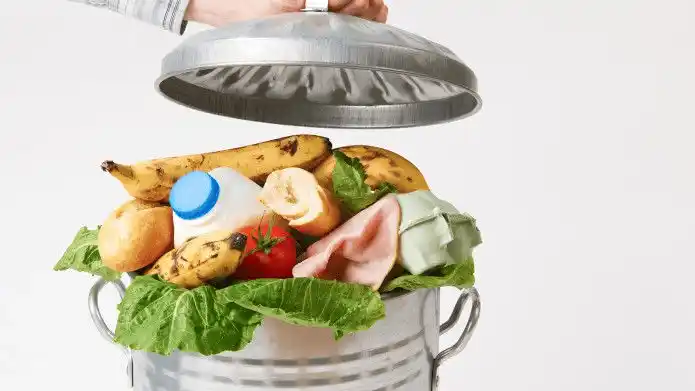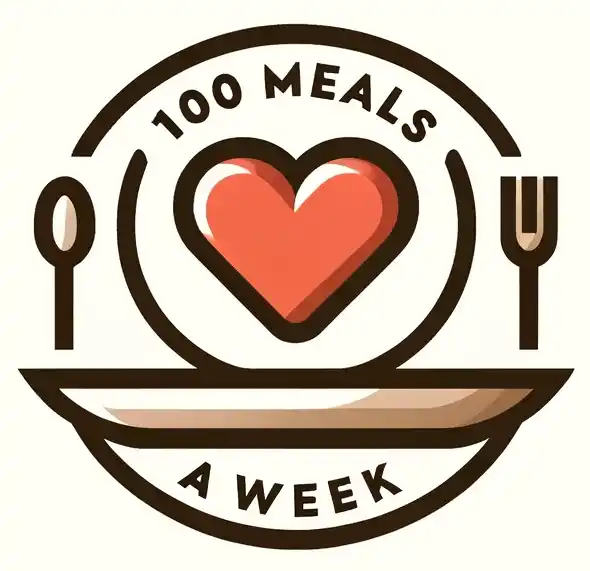Zeeshan and Karina Hayat’s Tips for Holiday Food Waste Reduction This Holiday Season

The holidays bring joy, togetherness, and often an overwhelming amount of food. But as we enjoy our feasts, it’s easy to overlook a growing concern: food waste. In Canada, food waste costs households and communities billions annually, all while contributing to environmental harm and exacerbating food insecurity. While food waste is part of a larger system tied to how cities, towns, and states manage waste, the choices we make at home can still drive change. This holiday season, let’s commit to making our celebrations more sustainable and inclusive, ensuring our gratitude extends beyond our homes through holiday food waste reduction.
The Hidden Costs of Food Waste
Each year in Canada:
- 46.5% of food produced in Canada is wasted, or 21.1 million tonnes.
- 41% of food waste is avoidable, which is worth $58 billion.
- Food in landfills generates methane, a greenhouse gas far more potent than CO2.
- 1 in 8 Canadian households experiences food insecurity.
At its core, food waste is a missed opportunity—one we can address through simple, meaningful actions. By adopting holiday food waste reduction practices, we can reduce our environmental footprint and help our communities.
Tips for Holiday Food Waste Reduction
1. Plan for Your Actual Crowd
- Scale Down: Hosting fewer people? Adjust your menu to match. Consider smaller portions or alternative proteins like turkey parts or plant-based options for more sustainable meal planning.
- Make a List: Check your pantry before shopping and stick to a plan to avoid overbuying. Fewer trips to the store also mean less exposure during these times.
2. Share the Bounty
For hosts, leftovers can pile up quickly. Share extras with your guests so they can enjoy their favourite dishes again. By letting them choose what they love most, you’ll reduce the chances of uneaten food going to waste. This approach also aligns with sustainable meal planning by encouraging mindful food sharing.
3. Compost for the Planet
Not everything has to go in the trash. Vegetable peels, coffee grounds, and eggshells make fantastic compost for your garden. Whether you have an outdoor compost pile or an indoor bin, this eco-friendly step turns scraps into soil and supports holiday food waste reduction efforts.
4. Donate Smartly
After the festivities, unopened pantry staples like canned vegetables or boxed stuffing can support local food banks, especially during donation lulls. Be sure to check their guidelines before dropping items off. Cooked dishes and perishable foods are better kept at home. Donating helps with both holiday food waste reduction and supporting food insecurity.
5. Rethink Leftovers: Creative Reuse Ideas
Leftovers don’t have to be boring. Instead of reheating the same meal day after day, get creative with how you use those extras. Leftover roasted vegetables can be turned into a savoury soup, mashed potatoes can become crispy croquettes, and turkey carcasses make rich, flavourful broths. Transforming your leftovers into new dishes not only reduces waste but also adds variety to your meals. Involve the whole family in the process, turning it into a fun activity that helps reinforce the importance of reducing waste.
6. Embrace Local, Seasonal Ingredients
By choosing local, seasonal produce, you’re not only supporting farmers in your community but also reducing the carbon footprint associated with transporting food long distances. Plus, seasonal ingredients tend to be fresher and more flavourful, which can reduce the likelihood of food spoilage before you get to enjoy it. Think root vegetables, winter squash, and hearty greens that thrive in colder months. Plan your holiday meals with these ingredients in mind, as part of your sustainable meal planning strategy.
7. Educate and Inspire Others
One of the most powerful ways to tackle food waste is by spreading awareness. During the holidays, take a moment to share your food-saving practices with others—whether it’s friends, family, or neighbours. Consider hosting a sustainable holiday dinner, where everyone brings a dish made with leftovers or ingredients they already had on hand. By modelling mindful food practices and encouraging others to do the same, you can create a ripple effect that extends well beyond your own household, fostering a collective commitment to reducing food waste throughout the community.
These additional sections not only provide practical tips for reducing food waste but also invite the reader to think about how small changes in their habits can lead to a larger, meaningful impact.
Small Changes, Big Difference
Food waste isn’t just about what we throw away—it’s about honouring the resources, labour, and love that go into every meal. At 100 Meals a week, we believe that small actions can create meaningful change. So, as you gather with loved ones this season, let’s redefine holiday abundance: one where generosity extends beyond the table, creativity meets care, and every bite counts. A commitment to holiday food waste reduction can create a huge impact on how we value food.
Cheers to a joyful, sustainable holiday season from all of us at 100 Meals a Week!
How will you make this holiday season one of mindful care and gratitude?
